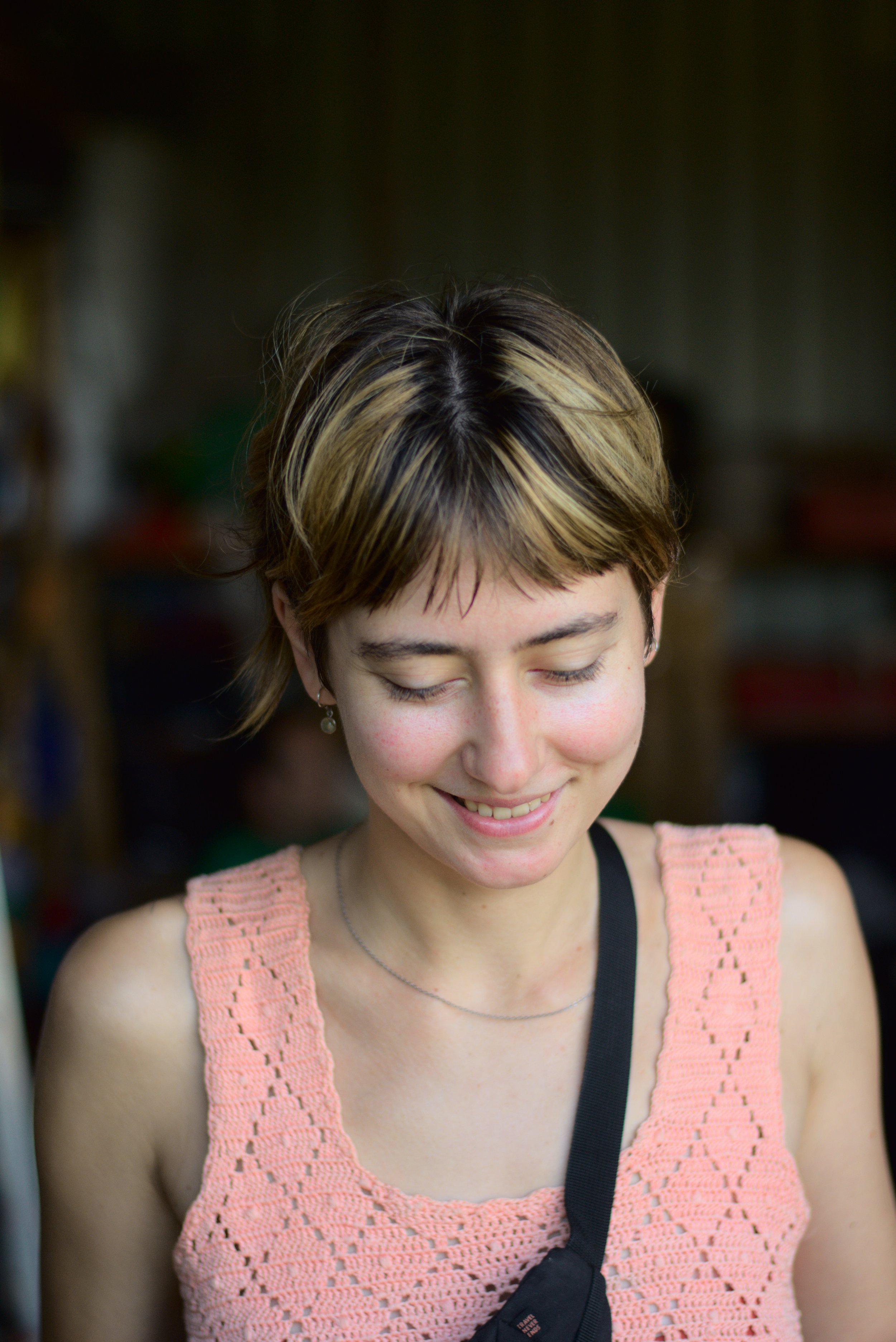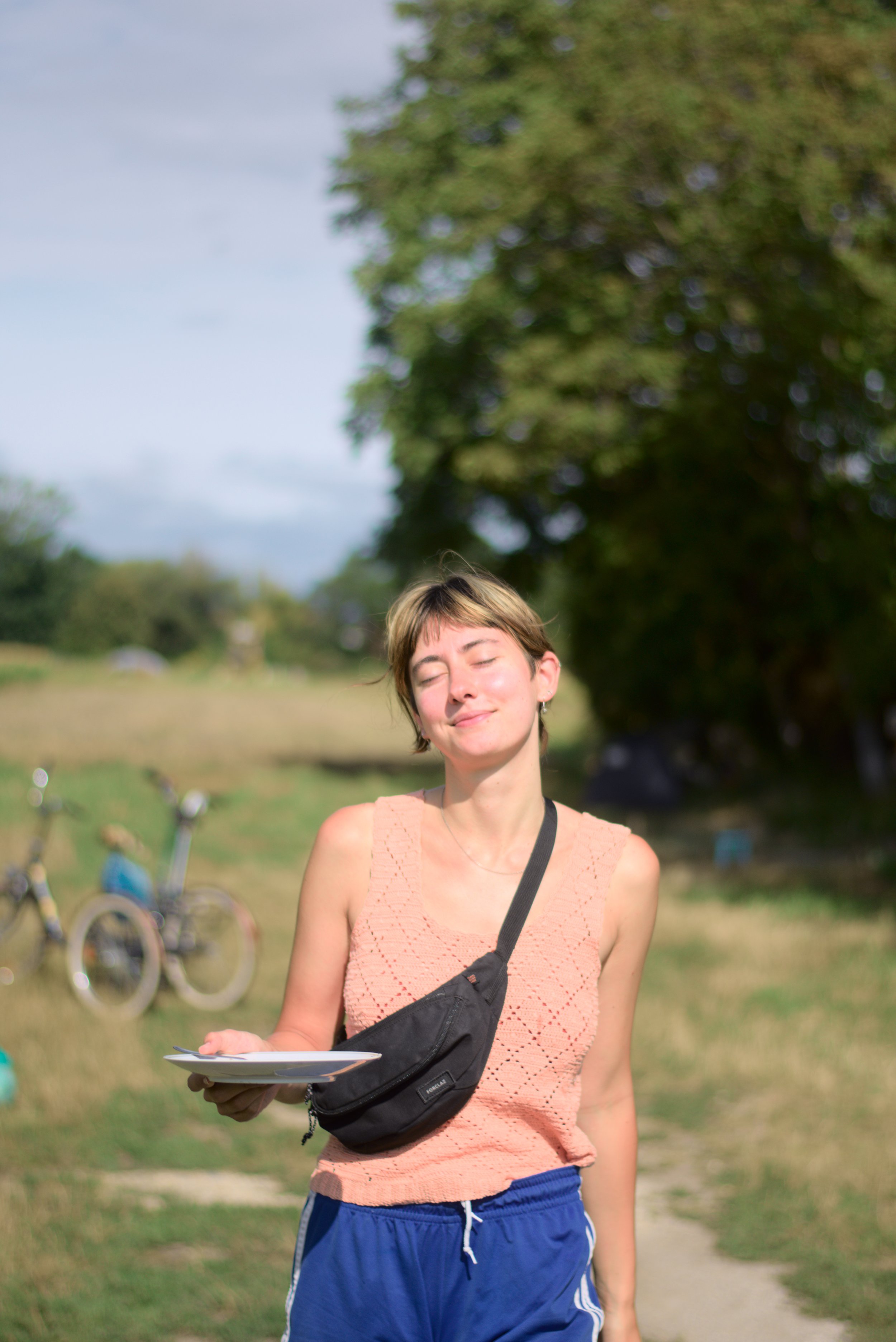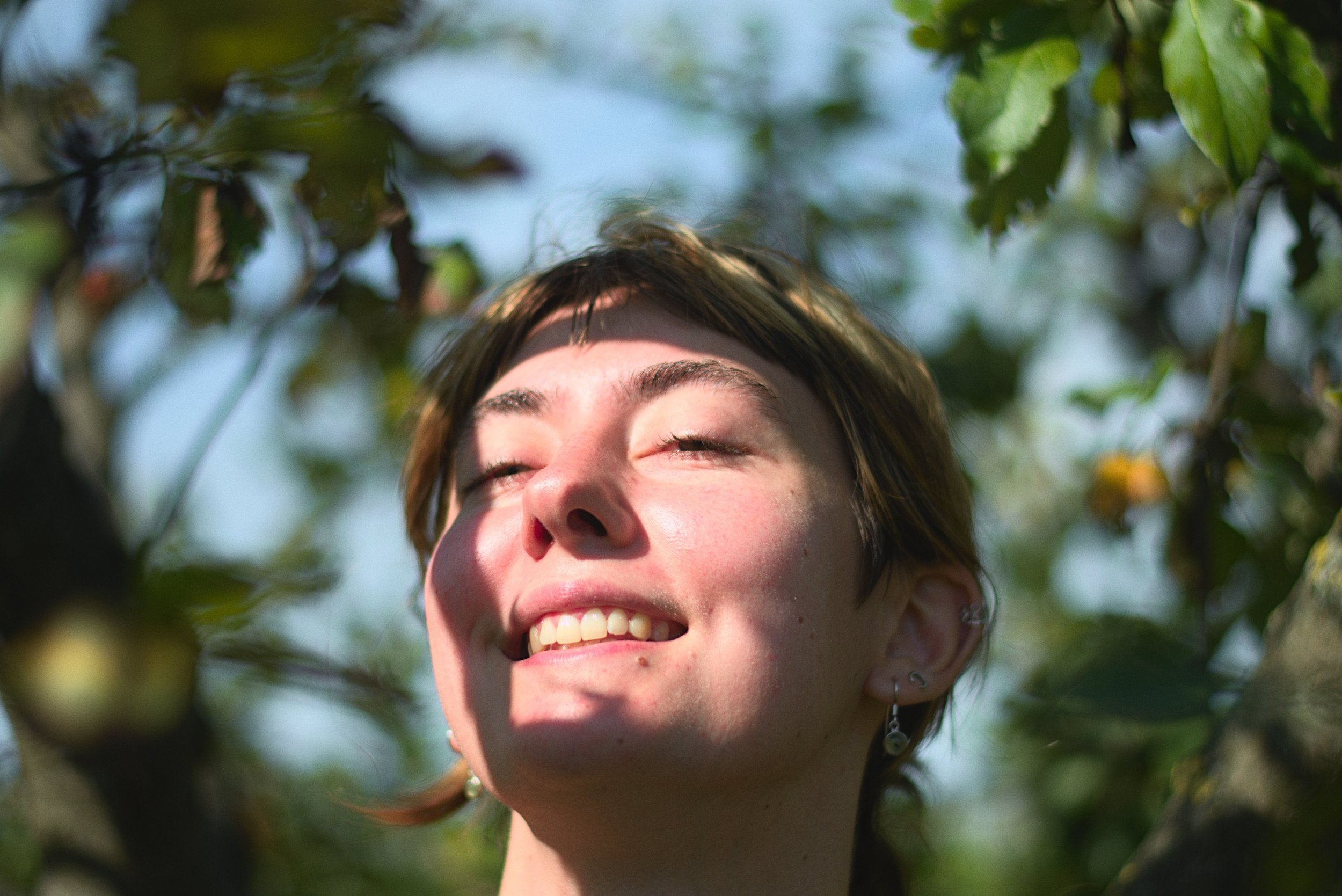🌱✊“They tried to bury us. They didn’t know we were seeds” - reflections on the occupation at Lichtenwörth
You’re going to read a 10-minute piece. I write about environmentalism, resistance, solidarity and questions.
Een Nederlandse vertaling van dit stuk (zonder foto’s), kun je hier lezen. Vertaling geschreven door Krit van XR.
When writing the majority of this piece, I’m sitting next to a lake, the edges of it partially closed off with a fence. On the other side of that fence sit expensive lodgings for the rich who can afford it. They have their own sturdy wooden piers to access the water. Us? We stick our feet right into the mud as we enter the lake. “Late” and “Rain Take” by Nils Frahm are playing (I suggest you click the link and listen as you continue reading). I feel quiet, solemn, peaceful. While on the other side of the fence the rich are lounging in comfortable chairs, I’m blessed by a bench under this magnificent oak.
me, typing away at this article, kept safe by the large oak tree.
It’s an odd thing, privatising and enclosing nature. It made me feel.. awkward. Being there. Like with borders, I feel in my bones that this is not the way it is supposed to be, organising the world this way is… perverse. Perhaps that’s why I want to write about Lichtenwörth: where there is resistance to that which is not supposed to be.
arrival
I was there a week ago, in Lichtenwörth, a town 40km south of Vienna, where dozens of people occupied a piece of land to protest a road being built. As I arrived on the Lichtenwörth main square, lost and looking for where to go, somebody around my age with a gorgeous dog approached me. Whether I was looking for the ‘acker’? (German for ‘field’, referring to the occupation) Yes! How did they know? “I knew you were supposed to be here.” they said with a cheeky smile. Their name was Rado (they/them), I’ll tell you more about them soon.
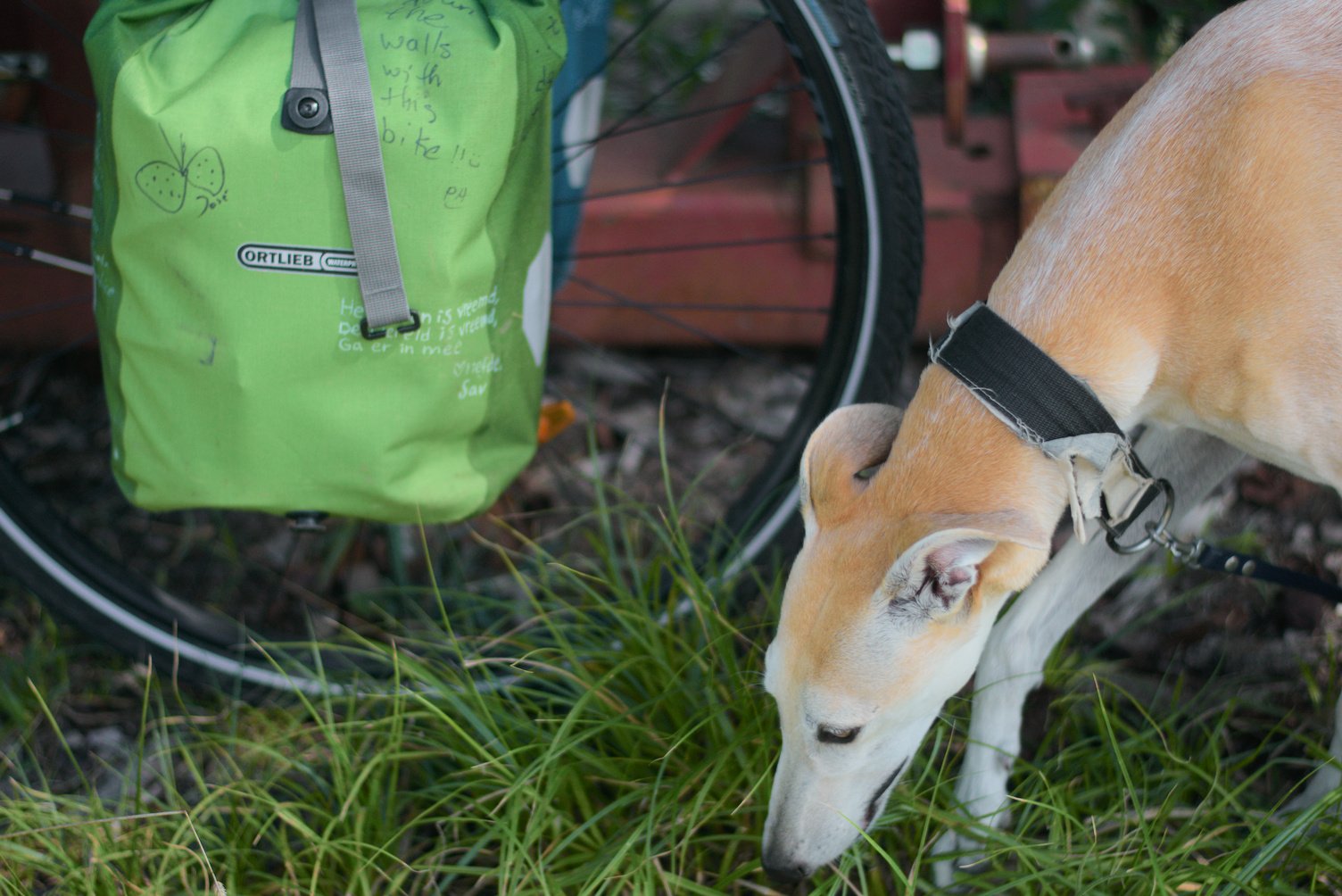

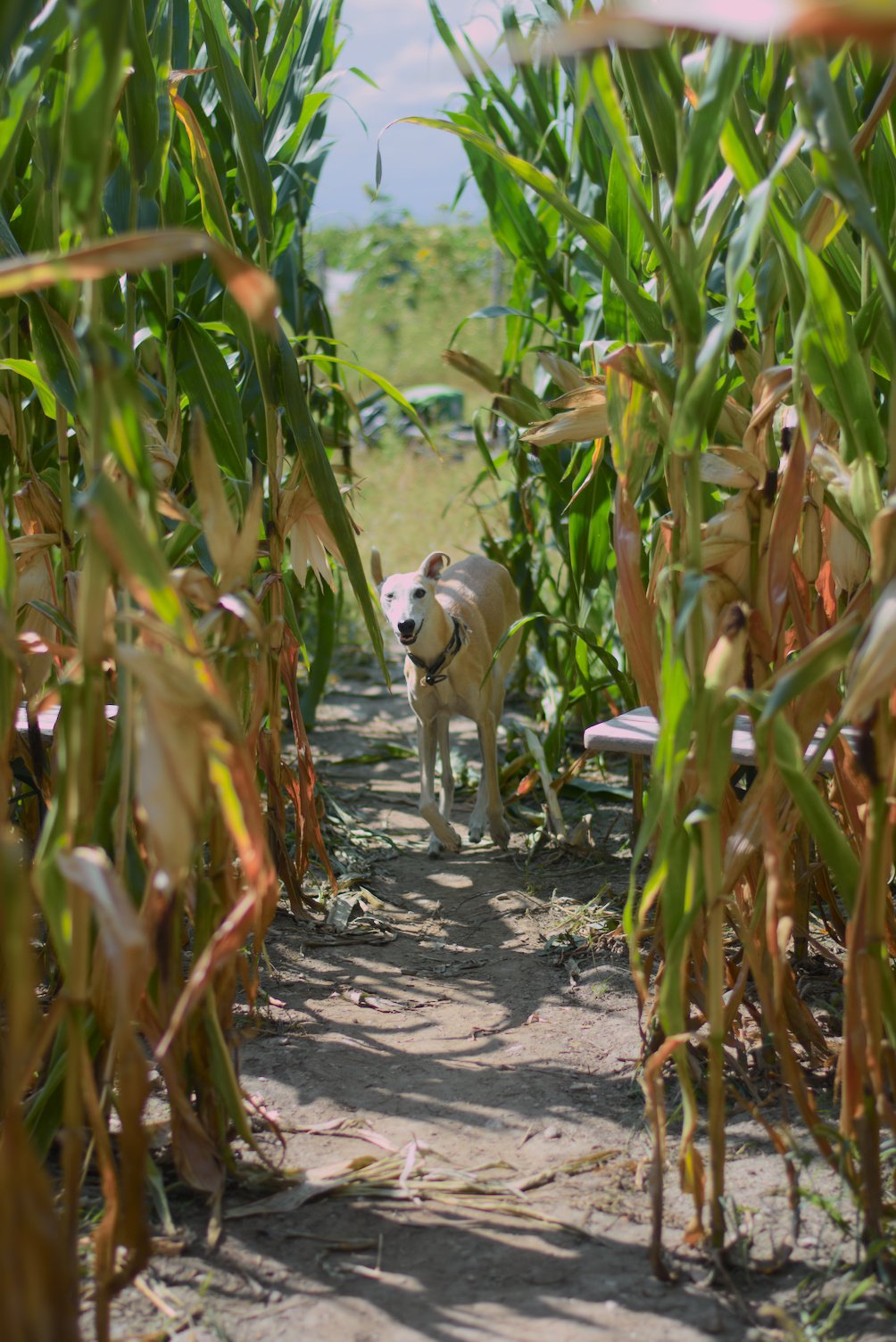
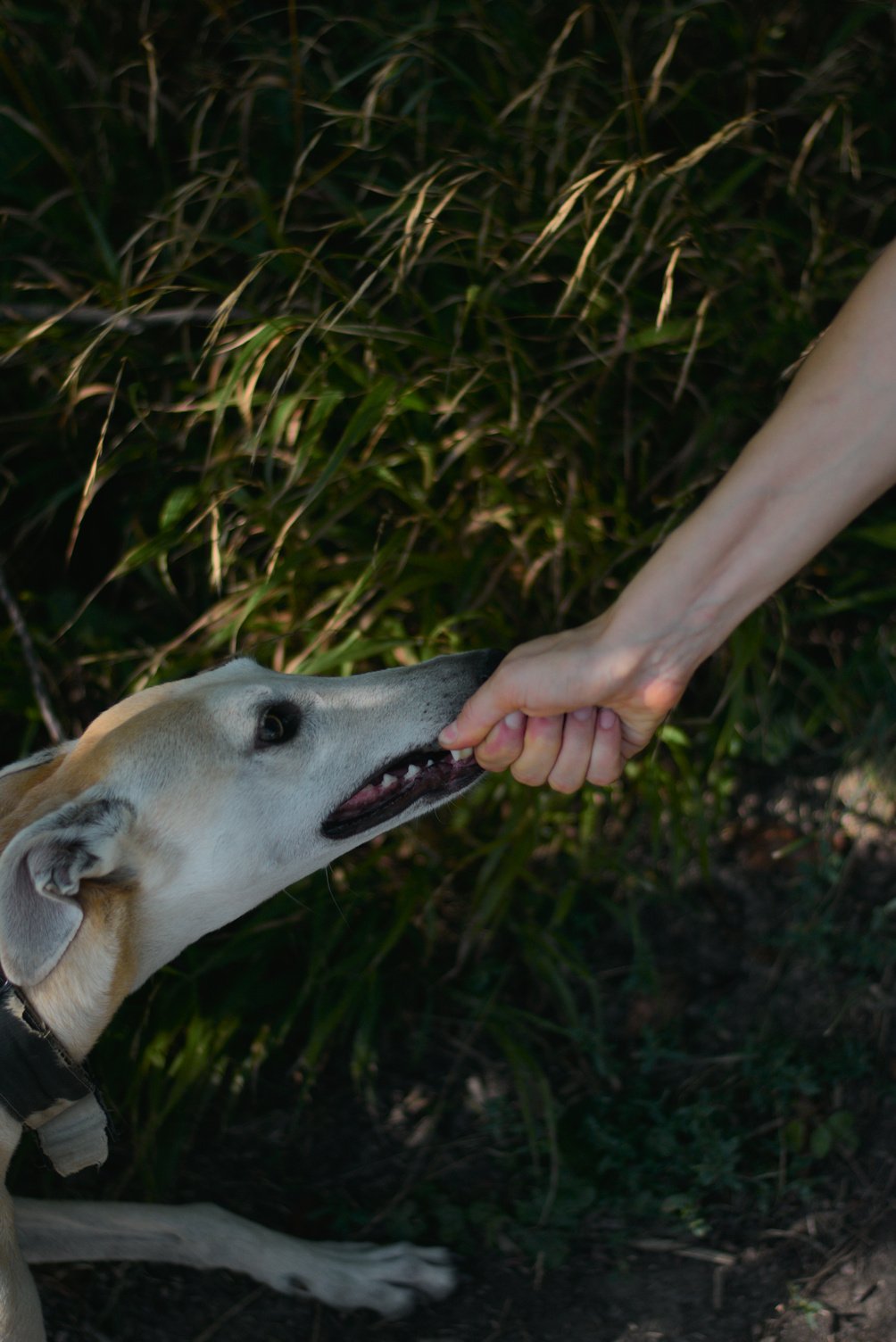
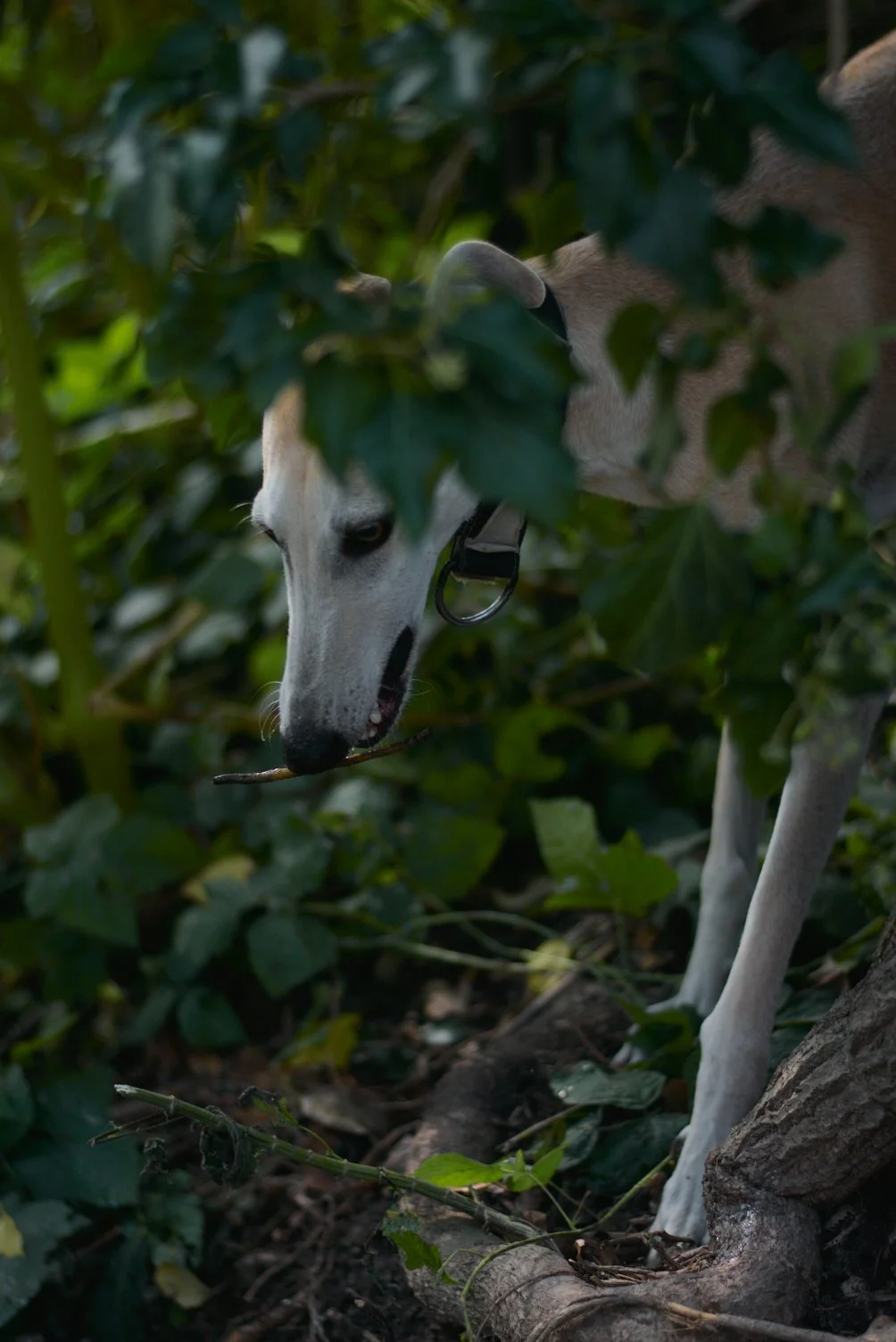
Rado preferred not to be photographed. So instead, here’s their dog (who I dog-sat for some hours).
Entering Lichtenwörth, I was greeted by the words “They tried to bury us. They didn’t know we were seeds.” (phrase coined in the 70s by Greek poet Dinas Christianopoulos, but often associated with the Zapatistas). A phrase that has touched me deeply, reminding me of my time in another occupation Lützerath where, as you entered, the same phrase greeted you. Bine (she/they), who invited me to Lichtenwörth, greeted me and showed me around.
On a narrow and long patch of ground in-between cornfields, the occupiers had built a tiny society. There was a “küfa” (küche fur alle, a ‘volkskeuken’ in Dutch or ‘kitchen for all’ in English), a dishwashing station (one of Bine’s favourite tasks to do - “relaxing”), a treehouse that was being rebuilt after the police destroyed it the day before, and a large greenhouse. Bine points out that through the greenhouse the group tries to show what food autonomy looks like: the food here is grown and shared with the citizens of the town. “Imagine if all the monoculture corn that gets sold to big businesses gets replaced by this?”
occupying as resistance
Partaking in an occupation is a very direct and palpable form of resistance. The power relations and priorities get laid out bare, inescapable, for the whole world to see. As an example, the harrowing photo below, taken by Marius Mich in Lützerath, shows a line of police officers protecting a 200-meter brown coal digger from people (“activists”) wanting a liveable planet. The visual story is so strong: the state is protecting fossil capital.
I believe that this picture holds an immense amount of power. If you let this picture sink in, it has the potential to challenge your understanding of 'the state'.
In occupations, we refuse to let this, with all of its stories, beauty, and life on it, be sacrificed. In Lützerath’s case, sacrifice for useless brown coal that wasn’t even necessary in the first place (source). In Lichtenwörth’s case, for an unnecessary road to ‘alleviate pressure’ on other roads (something that has been tirelessly debunked by anyone with a brain but also traffic experts for decades, see this and this).
the Lichtenwörth struggle
Residents of the town, some 40km south of Vienna, have been protesting the plans for this road for 40 years. The citizens called themselves “Vernunft statt Ostumfahrung” (translated: common sense instead of the eastern bypass, not so catchy in English). Lichtenwörth’s story reminded me of the one in Amelisweerd, Utrecht, in which my parents partook in the 80s, and in which I partook when I lived there. The road in Lichtenwörth would go right over an agreeable creek, which, while muddy, is perfectly swimmable! It would cut right through a Natura 2000 area, and over many people’s (34, to be precise) fields. In 2023, it became clear that the force of the state was bigger than the citizens could legally resist. As such, in summer of 2023 the citizens called in the organisation “System Change not Climate Change” who had experience in how to escalate and hold an occupation.
the folks have their priorities straight: clean rugs and drinking water!
So, people who wanted to occupy arrived! Why did they decide to show up? For Rado, this struggle “works as a symbol for a lot of things that are going wrong”. Bine, who has been involved since November and came here as soon as she heard the treehouse got torn down, echoes: “For me, this place is emblematic of the wider fight we are fighting. Against a system that’s killing us all”. These words resonate with myself, too. Increasingly, demonstrating outside some corporation or government agency that doesn’t even have the respect to send a spokesperson outside, feels powerless. Bine describes the work at Lichtenwörth as being non-alienating. “It feels like what you do here has a direct result, and matters.”
For Rado, “places like Lichtenwörth give the energy to survive. I see hope as a practice, and places like this allow me to practice that hope.” For Rado, hope is not only generated through resisting a view of the world that renders everything (people, animals, land) in service of profit. It’s also about creating a new world. “In land and housing occupations is this notion of ‘how do we want to live together?’ We are rearranging the social structures, and I find that incredibly exciting.”
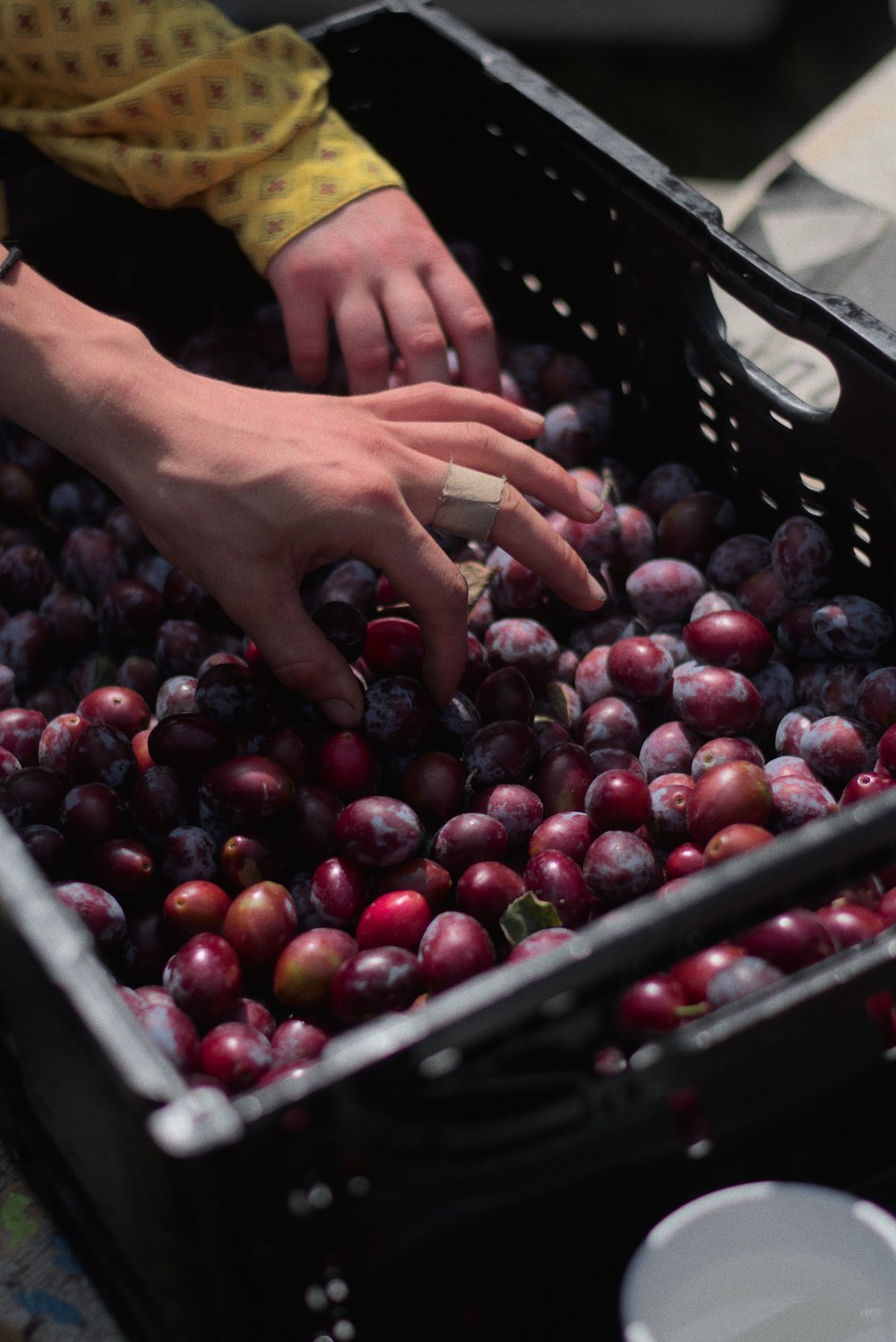
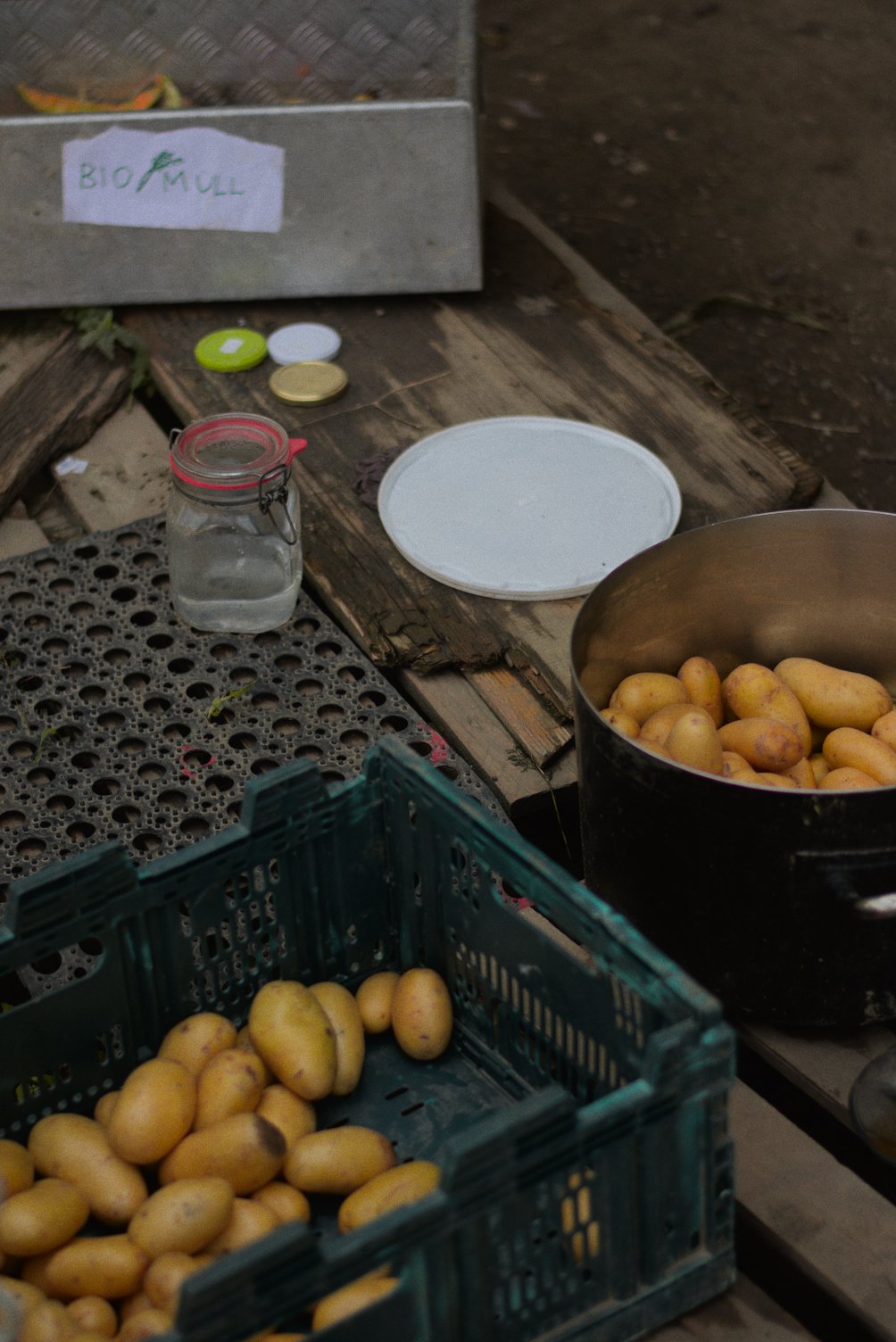
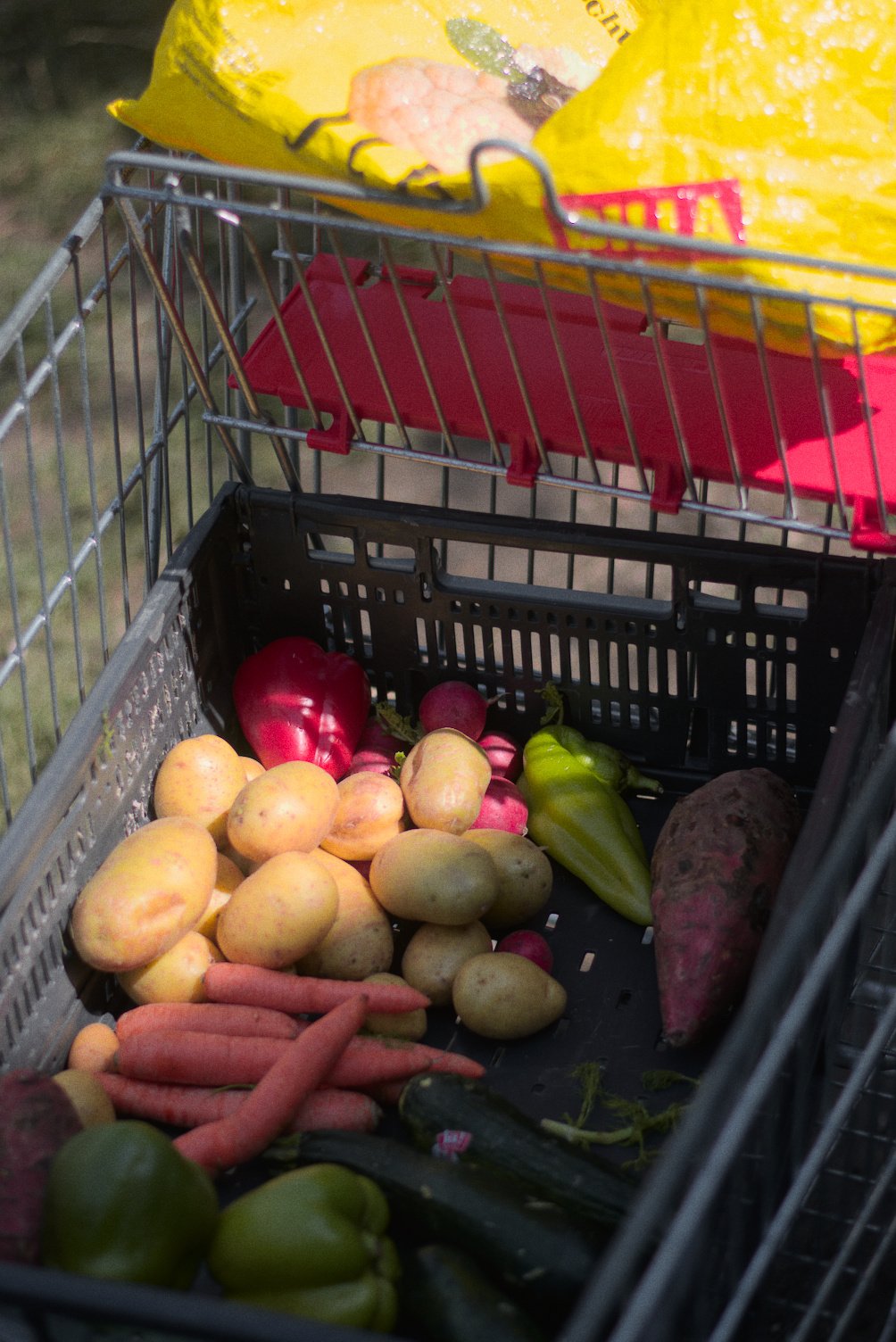
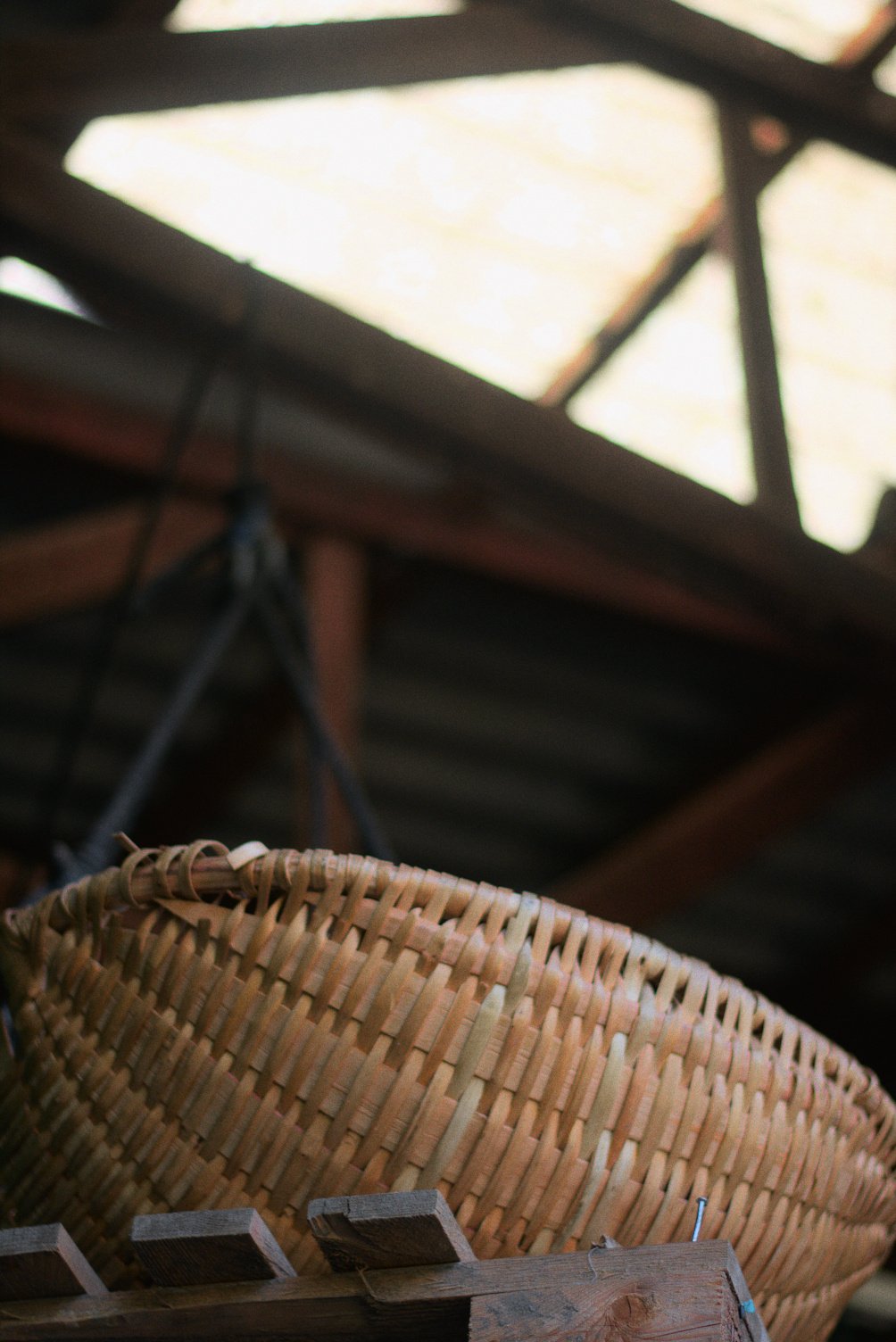
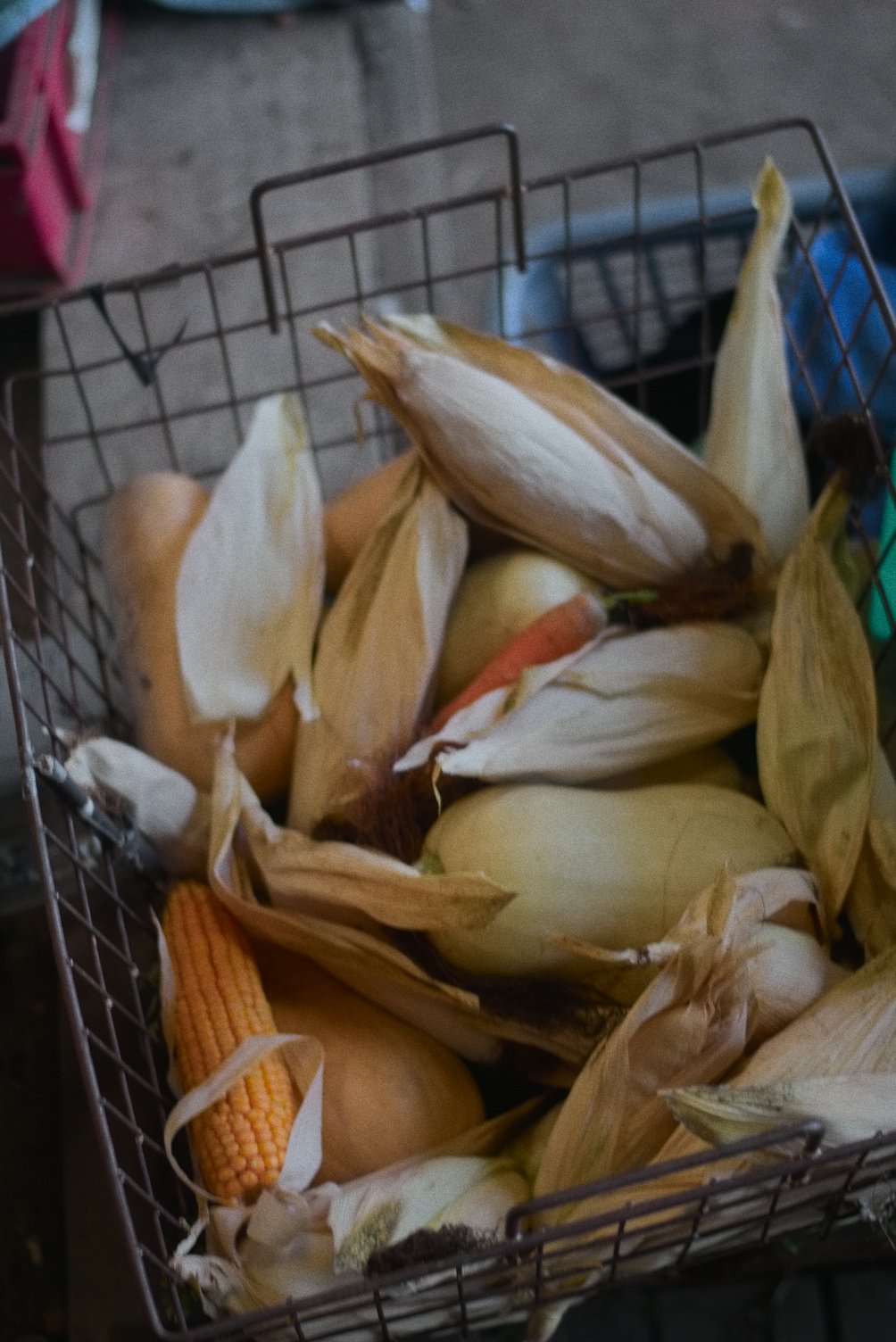
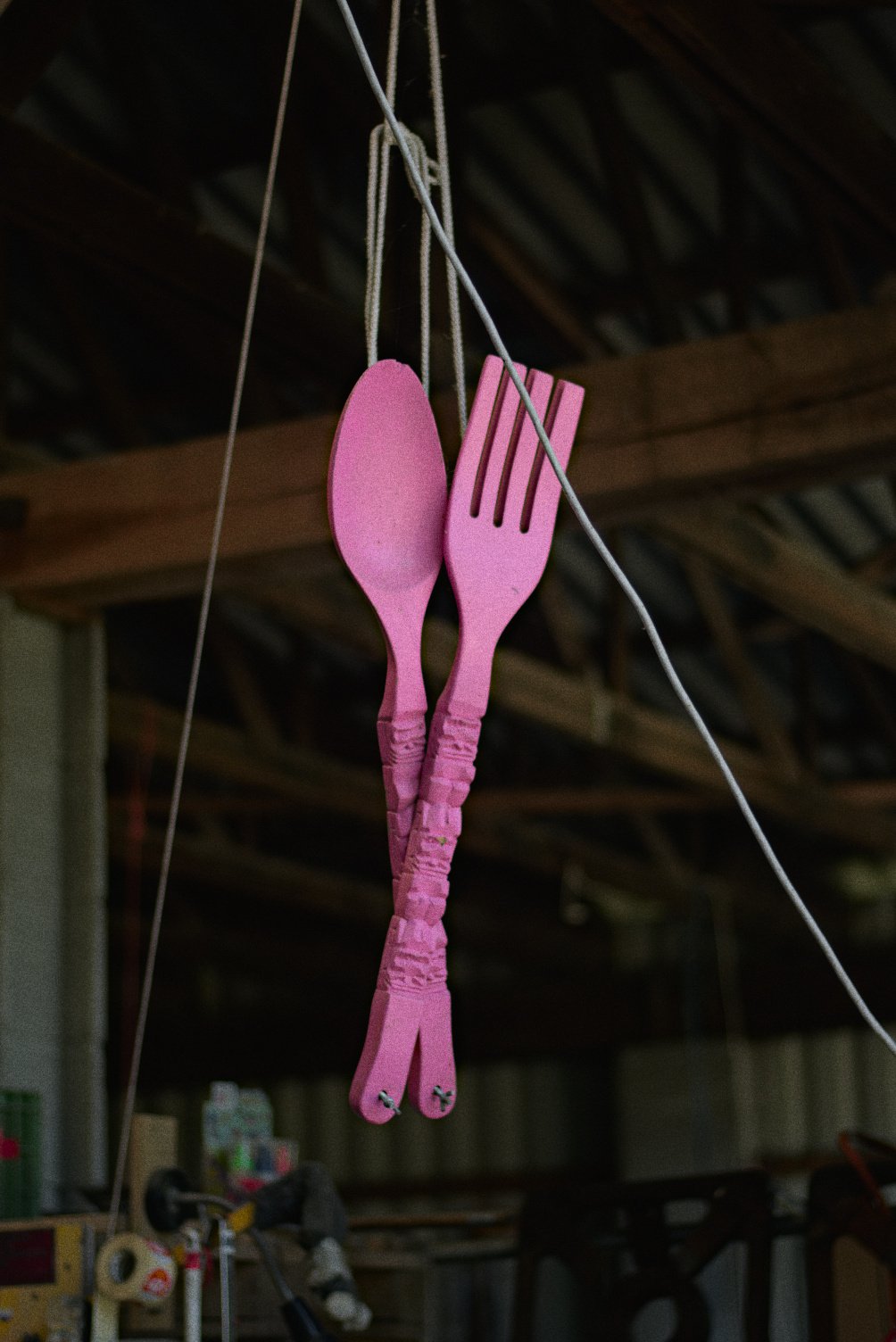
Indeed, at occupations like this, we get a taste of what different world is possible. Take food. It’s nice to eat, but how do you eat when no one gets paid to cook? Or to chop vegetables? Or to clean? Well, through the power of human cooperation (reading tip: The Dispossessed by LeGuin)
Blondy (he/him), with uniquely bright, intense, piercing eyes, was cooking seitan on the evening I arrived. Working as a nurse for the elderly for 10 years, he took a year off to help out in occupations and other places of resistance. You usually find him in the kitchen. “I was once asked if I can cook. I tried it, and it turned out that I can. I picked it up fast, and now I’m really good at it”. Why is he so good? Well, “he can keep a good overview, and come up with new dishes based on whatever is available. Oh, also, I’m a good dumpster diver.”
I spoke about this with Bine too, about the feeling of radical possibility and growth in places like occupations. Because indeed, you can do anything. You don’t know if you can cook for groups? Well, try it, learn it, and before you know it you’re cooking for large groups!
We don’t realise how much we are capable of, until we do it. Bine, who’s handling the social media of the occupation, has the ambition to learn how to build treehouses. Indeed, in the plenary meeting not so long later, everyone “without construction skills” was encouraged to join. The more people with construction skills, the better.
Rado adds: “Places like this have given me a much better understanding of who I am. When I’m not in a system that already pre-defines me. Spaces like this have made me a lot softer.” In Lichtenwörth, we practice being a different kind of human (at least, we try to, there’s still many moments where it doesn’t go as we want). Humans who give space, where we ask for and listen to each other’s needs, where we try to have an equal voice. I learned that humans are not the species we are turned in to by the fast 21st century capitalist life (for more on the issues with “a single humanity”, I suggest reading The Dawn of Everything by Graeber and Wengrow, or Braiding Sweetgrass by Kimmerer - really hopeful stuff).
Luckily, 2 contradictory feelings can exist at once. In this case, both the tangible hope that this occupation gives me, and the cynicism of its futility. I’m reminded of the history of environmentalism. By the disheartening fact I was active in the same fight my parents were active in for Amelisweerd 40 years ago, and that the world just seems to go on and on and eat and produce and take and grab and exploit and disenfranchise and dispossess and colonise and rob and marginalise and take and build more completely useless roads and fossil infrastructure and oh my lord what can we do why does it feel like we’ve tried it all and the monster just keeps going?
Yeah.
To place occupations like Lichtenwörth, but also Lützerath, Hambacher, Grünheide and Dannenröder in their context in history, I’ve found it helpful to watch If A Tree Falls: A Story of the Earth Liberation Front. It follows Daniel McGowan as he becomes disillusioned with the mainstream environmentalist movement, which was also occupying forests at the time. He tells of his radicalisation, how he ended up setting fire to ski resorts, and got caught burning a wood cutting factory. Another good series of (very) radical environmental activism is the 8-part podcast series “Burn Wild” by the BBC.
Places like Lichtenwörth is exactly where it can start. We experience how we can live ‘being a human’ differently. We are shown a different world, with different rules, and different people. This is a very radical thing we can do. Young folks from Vienna are connecting with the inhabitants of Lichtenwörth, forming tangible solidarity across this road. Then, we remember places like this exist everywhere, and have existed everywhere for hundreds of years. Across Europe, and across the world. We stand in a long line of history of communities saying “No further” to the logic of exploitation, of subjugation, of profit. From resistance to the colonisation of the Americas, to the ordering of the world through “borders”, to the enclosure of Europe.
Resistance is all around us: different worlds and resistance are possible. Lichtenwörth is just an example of that.
Thank you to Alina for doing a lot of care-work (kitchen tidying, hanging out laundry) while I was finishing this article.

